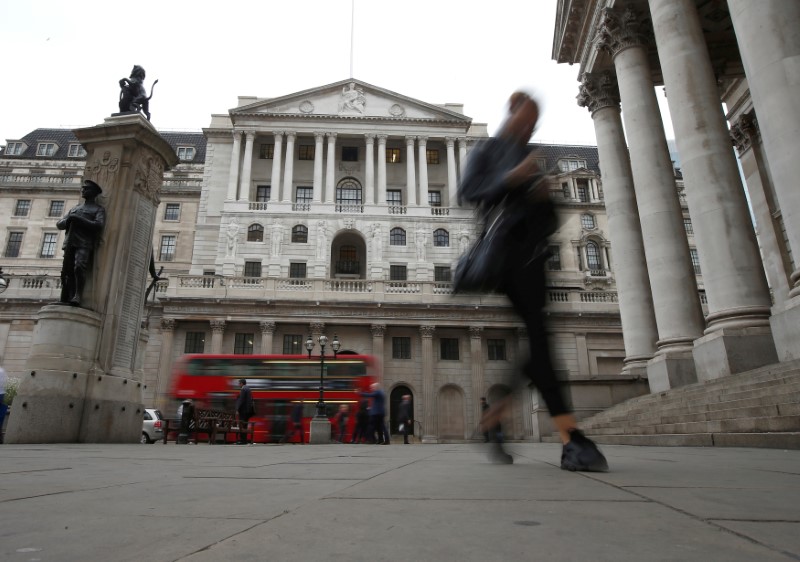LONDON (Reuters) - Growth in Britain's private sector and confidence among consumers remained solid at the turn of the year, according to surveys published on Monday, although both indicators warned about rising inflation in coming months.
A CBI survey showed growth eased in the three months to January, with the survey balance falling to +10 from +17 in December, but the group, which represents British businesses, said growth remained "solid" going into 2017.
"Resilience has been the hallmark of the UK economy since the EU referendum," CBI chief economist Rain Newton-Smith said.
"But higher inflation is on the way, which will erode consumer incomes, while the impact of uncertainty since the (Brexit) referendum may cause investment spending to slow this year."
The CBI surveyed 753 companies across the manufacturing, distribution and service sectors about output, sales and business volumes to compile its Growth Indicator.
A separate survey found that confidence among consumers mirrored the experience of business.
Deloitte said its quarterly consumer confidence index dipped to -6 from a series high of -5 three months earlier, but was still above levels seen a year earlier, when few people thought Britain was likely to vote to leave the European Union.
"So far, Brexit has not dented consumers' confidence about the outlook for jobs," Deloitte economist Ian Stewart said. "However the New Year sees the arrival of headwinds that may challenge the current consumer-friendly economic conditions."
Consumer price inflation jumped to a two-year high of 1.6 percent in December, and the Bank of England forecasts it will exceed 2.7 percent by the end of the year, as sterling's post-referendum plunge pushes up the cost of imports.
Among the 3,000 Britons surveyed for Deloitte between Dec. 31 and Jan. 2, confidence about disposable income fell compared with a year earlier, breaking a pattern seen since 2012.
